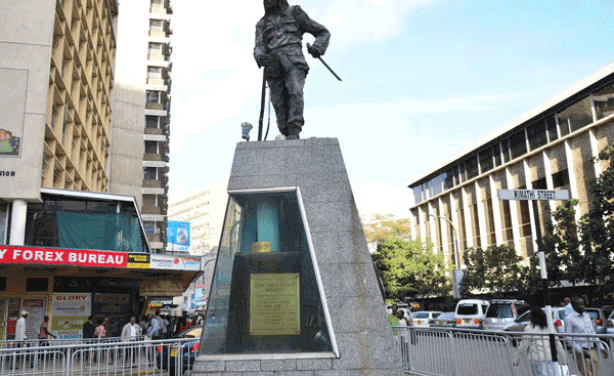
By Sekou Toure Otondi, University of Nairobi
Kenya’s national holidayshave gone through interesting twists and turns since the country attained its independence in 1963, and became a republic in 1964.
For a long time there was very little clarity about what constituted a national holiday and why these were created. They seemed to be named at the whim of presidents or, at the very least, with presidents in mind. The now-abolished Moi Day was created to celebrate the presidency of Kenya’s longest serving head of state, President Daniel arap Moi.
The same was true of Kenyatta Day, which was initially set aside to remember the Kenyans who fought for independence but quickly became a celebration of Kenya’s first president, Jomo Kenyatta.
In 2010 a new constitution was promulgated. This brought a fresh and well defined meaning to national holidays. Article 8 of the 2010 Constitution recognises Kenya’s three national days as Madaraka Day (June 1), Mashujaa Day (October 20) and Jamhuri Day (December 12).
On Madaraka Day, Kenyans celebrate the moment in history when the country was granted internal self-rule by the British colonialists. On Jamhuri Day, they mark the day they gained complete independence.
However, the constitution also gives Parliament leeway to enact legislation prescribing other national holidays and to make provision for their observance. On that authority, members of the National Assembly took Moi Day off the calendar. Kenyatta Day was renamed Mashujaa Day and redefined as a day for celebrating Kenyan heroes and heroines.
Madaraka Day remained untouched. But over the years this mid-year celebration has seemed to lose its relevance. There are several reasons for this, and it’s time to think critically about the holiday’s continued presence on Kenya’s national calendar. Perhaps, the time has come to do away with it.
Tribe over country
One of the reasons that Madaraka Day has become less important over the past few decades relates to a dwindling sense of nationalism among Kenyan citizens. In the euphoria that followed independence, national holiday celebrations – especially those that referenced Kenya’s freedom from the British – held much more meaning than they do now.
Fifty four years down the line, Kenya has outgrown its baby politics. It has transitioned from the ethos of nationalism to a governance system that thrives on ethnicity. The patriotic and uniting fervour witnessed during the struggle for freedom in the early days of independence has waned significantly.
Many have argued that the splintering of the Kenyan collective along tribal lines was caused by the failure of the independent country’s founding fathers to instil a strong sense of social cohesion around the concept of a Kenyan identity.
In his book _Kenya: Between Hope and Despair _ _Daniel Branch traces the problem of ethnicity to Kenya’s first president Jomo Kenyatta. He tended to place tribe before country. As a result, ethnic arrangements have taken precedence over nationalism. This has been witnessed by past patterns of ethnic violence across the country.


